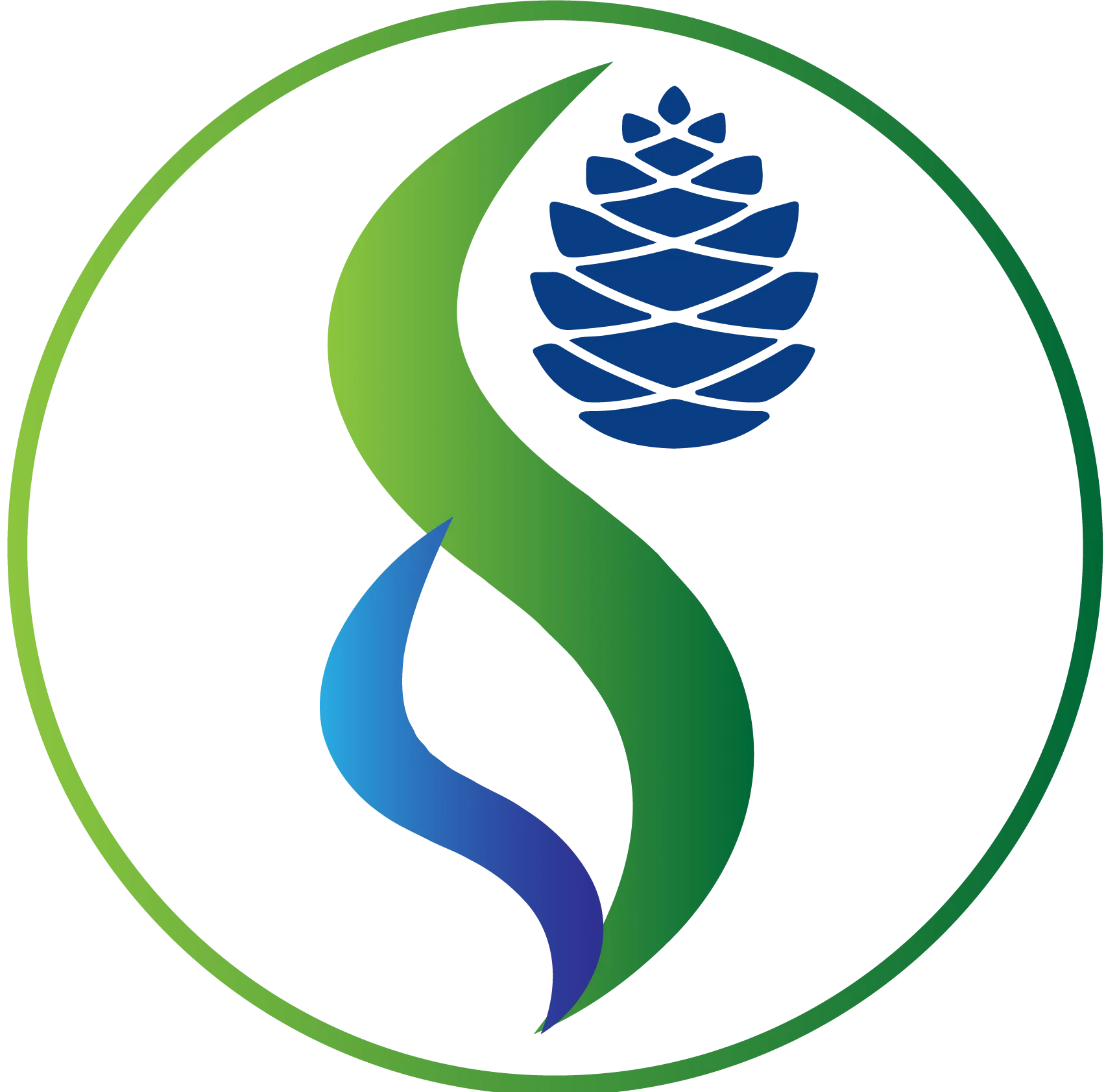
- posted: Aug. 25, 2023
There are many different ways to start getting help that will support you in becoming healthier and getting off medications. There is a diverse range of healthcare practitioners, each with distinct training, methodologies, and approaches. Below, we outline the key differentiators among them:
Natural Doctor: This term encompasses healthcare providers who prioritize natural remedies and treatments. It's a broad classification that doesn't specify a particular professional background or practice scope.
Naturopathic Doctor (ND): An accredited healthcare specialist who has completed a comprehensive naturopathic medical program. NDs undergo rigorous training in natural therapies, conventional medical sciences, and holistic healthcare. They are qualified to diagnose, treat, and prevent medical conditions through natural interventions. These doctors tend to be more medical-minded than Natural Doctor.
Functional Doctor or Functional Medicine Doctor: These interchangeable titles indicate practitioners who adhere to the principles of functional medicine. They focus on uncovering and addressing the underlying causes of illnesses by considering the intricate connections between bodily systems. Personalized treatment plans and advanced testing methods are often utilized. These doctors might be Medical Doctors, who lean more on the medical model for health (treating symptoms, less about lifestyle and more about medical interventions) or they might be Doctors of Chiropractic who, during their education, are trained in nutrition, nutritional supplements, lifestyle, and mindset. Tests used with Functional Medicine tend to be along the lines of medical tests in that the body is analyzed using laboratory testing such as blood tests, stool tests, hair analysis.
Holistic Doctor: This term is applied to healthcare professionals who adopt a holistic viewpoint, accounting for physical, mental, emotional, and spiritual facets of health in their approach. Their training and practices can vary significantly. They can overlap with Functional Medicine Doctors in their approach and are more likely to be a Doctor of Chiropractic if they are looking at getting off medications. They are likely to use approaches such as Quantum Response Testing or other muscle response testing techniques to analyze the body.
Chiropractic Naturopath: This denotes a chiropractor who integrates naturopathic principles into their chiropractic practice. They may offer chiropractic adjustments alongside natural therapies.
Classical Naturopath: Referring to practitioners who adhere to the principles of classical naturopathy, these professionals emphasize natural modalities like nutrition, herbal medicine, and lifestyle adjustments to stimulate the body's inherent healing capacity. They are generally not a doctor.
As you can see, many of these definitions overlap. It's crucial to recognize that the qualifications, training, and practice scopes can significantly vary among these practitioners, depending on factors like location and personal choices. When seeking healthcare services, thorough research into a practitioner's credentials, education, and offered services is vital. Moreover, ensuring that a chosen practitioner aligns with one's specific healthcare needs and objectives is essential.

- posted: Aug. 25, 2023
There are many different ways to start getting help that will support you in becoming healthier and getting off medications. There is a diverse range of healthcare practitioners, each with distinct training, methodologies, and approaches. Below, we outline the key differentiators among them:
Natural Doctor: This term encompasses healthcare providers who prioritize natural remedies and treatments. It's a broad classification that doesn't specify a particular professional background or practice scope.
Naturopathic Doctor (ND): An accredited healthcare specialist who has completed a comprehensive naturopathic medical program. NDs undergo rigorous training in natural therapies, conventional medical sciences, and holistic healthcare. They are qualified to diagnose, treat, and prevent medical conditions through natural interventions. These doctors tend to be more medical-minded than Natural Doctor.
Functional Doctor or Functional Medicine Doctor: These interchangeable titles indicate practitioners who adhere to the principles of functional medicine. They focus on uncovering and addressing the underlying causes of illnesses by considering the intricate connections between bodily systems. Personalized treatment plans and advanced testing methods are often utilized. These doctors might be Medical Doctors, who lean more on the medical model for health (treating symptoms, less about lifestyle and more about medical interventions) or they might be Doctors of Chiropractic who, during their education, are trained in nutrition, nutritional supplements, lifestyle, and mindset. Tests used with Functional Medicine tend to be along the lines of medical tests in that the body is analyzed using laboratory testing such as blood tests, stool tests, hair analysis.
Holistic Doctor: This term is applied to healthcare professionals who adopt a holistic viewpoint, accounting for physical, mental, emotional, and spiritual facets of health in their approach. Their training and practices can vary significantly. They can overlap with Functional Medicine Doctors in their approach and are more likely to be a Doctor of Chiropractic if they are looking at getting off medications. They are likely to use approaches such as Quantum Response Testing or other muscle response testing techniques to analyze the body.
Chiropractic Naturopath: This denotes a chiropractor who integrates naturopathic principles into their chiropractic practice. They may offer chiropractic adjustments alongside natural therapies.
Classical Naturopath: Referring to practitioners who adhere to the principles of classical naturopathy, these professionals emphasize natural modalities like nutrition, herbal medicine, and lifestyle adjustments to stimulate the body's inherent healing capacity. They are generally not a doctor.
As you can see, many of these definitions overlap. It's crucial to recognize that the qualifications, training, and practice scopes can significantly vary among these practitioners, depending on factors like location and personal choices. When seeking healthcare services, thorough research into a practitioner's credentials, education, and offered services is vital. Moreover, ensuring that a chosen practitioner aligns with one's specific healthcare needs and objectives is essential.
